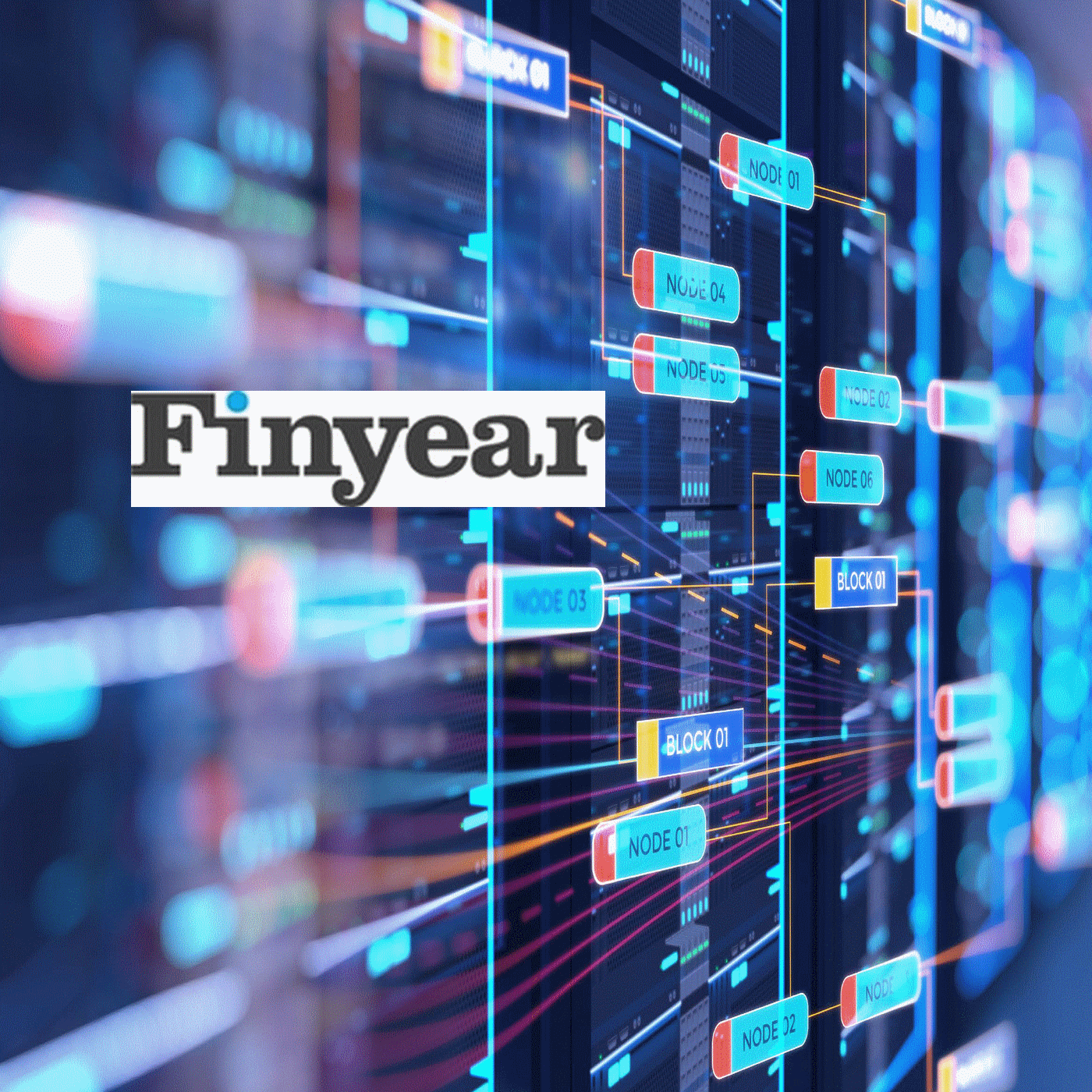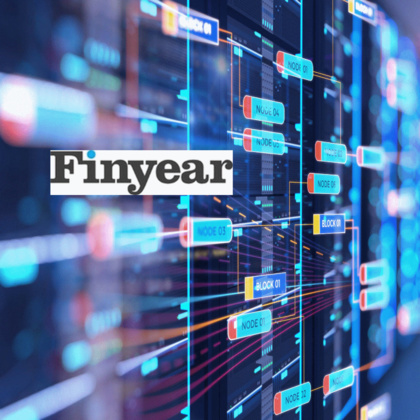However, deploying certain strategies here might help you to overcome aspects of this struggle, and while this might mean changing your behaviour temporarily, it could be worth it for the success of the result.
Reward Systems
Reward systems can be an efficient way of encouraging you to do something that you otherwise wouldn’t feel too positively about – such as exercise – and once you’re over the initial hurdle of having to incentivise yourself with these rewards, you might find the behaviour more natural. However, the trick is making a reward system here that works within your overall intention to save. For example, while you might feel like splashing out a bit, doing so in a way that still isn’t all that lavish might prevent it from undoing the progress that you’ve made. For example, you could still stay in and save money that you might have spent at pubs or restaurants, but visit real money online casino sites in South Africa to mix up how you might normally spend this time.
Quiet Weekends
The biggest way that you might think to save money might be one that was hinted at previously – cutting down on big social occasions that lead you to spend a lot of money. This might be one of the more difficult things to change in your lifestyle, as this could be something that you do for a reason – it's fun. Additionally, seeing your friends is something that can be beneficial for your mental health, so cutting them out of your life is a bad idea, but that’s not what this means. It just means finding ways to socialise that might steer you away from spending so much, such as having movie nights or going on walks.
Furthermore, it doesn’t mean that you should never spend time with them in that way anymore, but just that you should reduce it if you feel it could lead to you saving a lot of money.
Curbing Spontaneous Spending
Another behavioural issue that might lead to you splashing the cash could be spontaneous spending (or impulse buying. Finding yourself in town and slightly appealed by something that isn’t wholly necessary but feeling as though it wouldn’t make an overall negative impact on your finances can be harmless. However, if it happens time and time again, it can begin to rack up, and while that initial payment might not have been one that set you back a huge amount, the subsequent accumulation of how much you’re spending could be better valued if it ended up going towards your savings.
Reward Systems
Reward systems can be an efficient way of encouraging you to do something that you otherwise wouldn’t feel too positively about – such as exercise – and once you’re over the initial hurdle of having to incentivise yourself with these rewards, you might find the behaviour more natural. However, the trick is making a reward system here that works within your overall intention to save. For example, while you might feel like splashing out a bit, doing so in a way that still isn’t all that lavish might prevent it from undoing the progress that you’ve made. For example, you could still stay in and save money that you might have spent at pubs or restaurants, but visit real money online casino sites in South Africa to mix up how you might normally spend this time.
Quiet Weekends
The biggest way that you might think to save money might be one that was hinted at previously – cutting down on big social occasions that lead you to spend a lot of money. This might be one of the more difficult things to change in your lifestyle, as this could be something that you do for a reason – it's fun. Additionally, seeing your friends is something that can be beneficial for your mental health, so cutting them out of your life is a bad idea, but that’s not what this means. It just means finding ways to socialise that might steer you away from spending so much, such as having movie nights or going on walks.
Furthermore, it doesn’t mean that you should never spend time with them in that way anymore, but just that you should reduce it if you feel it could lead to you saving a lot of money.
Curbing Spontaneous Spending
Another behavioural issue that might lead to you splashing the cash could be spontaneous spending (or impulse buying. Finding yourself in town and slightly appealed by something that isn’t wholly necessary but feeling as though it wouldn’t make an overall negative impact on your finances can be harmless. However, if it happens time and time again, it can begin to rack up, and while that initial payment might not have been one that set you back a huge amount, the subsequent accumulation of how much you’re spending could be better valued if it ended up going towards your savings.
------------------------------------------------------------------------
Disclaimer: The text above is a press release that was not written by Finyear.com.
The issuer is solely responsible for the content of this announcement.
Avertissement : Le texte ci-dessus est un communiqué de presse qui n'a pas été rédigé par Finyear.com.
L'émetteur est seul responsable du contenu de cette annonce.
Disclaimer: The text above is a press release that was not written by Finyear.com.
The issuer is solely responsible for the content of this announcement.
Avertissement : Le texte ci-dessus est un communiqué de presse qui n'a pas été rédigé par Finyear.com.
L'émetteur est seul responsable du contenu de cette annonce.
Autres articles
-
Deblock, la fintech s'offre le 2nd agrément PSAN attribué par l'AMF
-
Crypto : Les grands magasins Printemps en partenariat avec Binance Pay et Lyzi pour accepter les paiements en cryptomonnaie
-
Quelles sont les règles concernant le rachat d'un PER ?
-
Tony Fadell, inventeur de l’iPod et de Ledger Stax, rejoint le conseil d’administration de Ledger
-
La loi web 3 vue par ... Arnaud Touati : "La fiscalité des cryptomonnaies en France, mode d’emploi pour particuliers et entreprises"
















